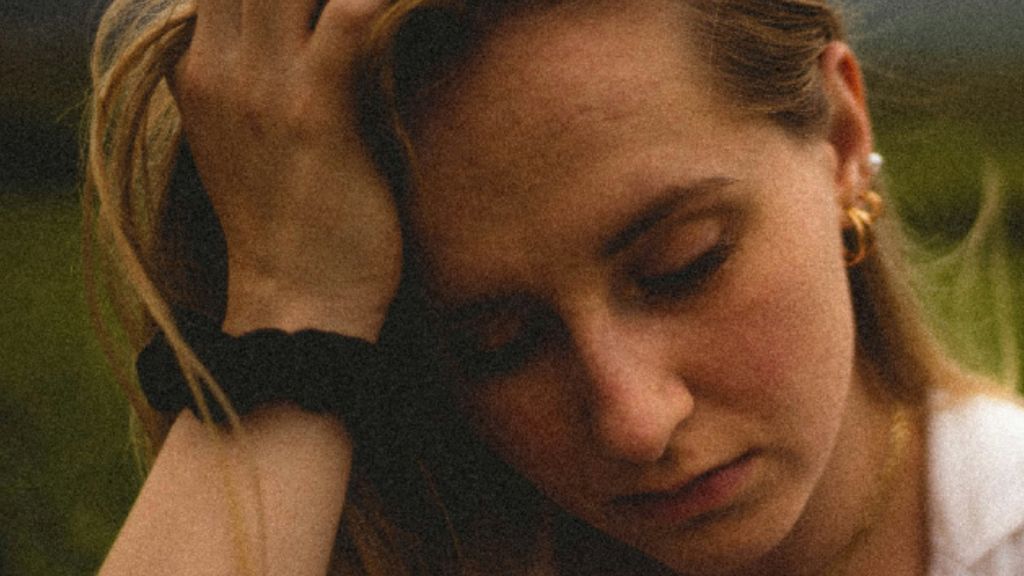 An exhausted woman
An exhausted womanThe NHS says that adults need seven to nine hours of sleep a night to consider themselves properly rested.
If you’re on the lower end of that spectrum, it doesn’t necessarily mean you’ll be tired ― experts say seven hours of shut-eye is perfectly fine so long as you feel rested in the daytime.
But what about the opposite? What if you get plenty of kip, but feel fatigued all the time?
A new review of studies published in the journal Proceedings of the Royal Society B suggests that the number of hours we spend in bed might not be the only factor that affects how alert we feel.
Sleep length and quality might not be the problem, the review of studies found
Scientists looked at 54 sleep studies and analysed their data.
They found that while some might expect people from smaller, pre-industrialised societies to sleep more than industrial societies, where people report more fatigue.
Members of pre-industrial societies slept, on average, between 5.5-6.7 hours a night, or 6.4 hours on average ― way below the prescribed lower limit.
In industrial societies, that figure averaged out to 7.1 hours.
Additionally, members of pre-industrial societies were only asleep for 74% of the time they were in bed, on average; for industrialised societies, it’s 88%.
The biggest difference? People in pre-industrial societies had far more regular Circadian rhythms or sleep patterns (0.7 vs 0.63 in a metric called the Circadian function index).
This may be down to increased exposure to sleep cues, like going out in the morning light and a lack of nighttime screens.
The study’s authors suspect (but didn’t prove, or seek to prove) that this is why people in industrialised societies report worse sleep, despite actually experiencing “longer, more efficient” kip.
So... how can I feel less exhausted?
This paper challenges the idea that we’re simply not getting enough quality sleep, instead encouraging us to focus more on our “chronohygiene” than the length and quality of our rest.
That means trying to align yourself more with your body’s natural sleep patterns.
The researchers say this might involve ”’structured daily routines, optimised exposure to natural light and mindful engagement with electronic devices during evening hours.”
Speaking to HuffPost UK, sleep experts recommend avoiding screens an hour or two before bed, establishing a regular bedtime routine, and getting some outdoor morning light whenever possible.


